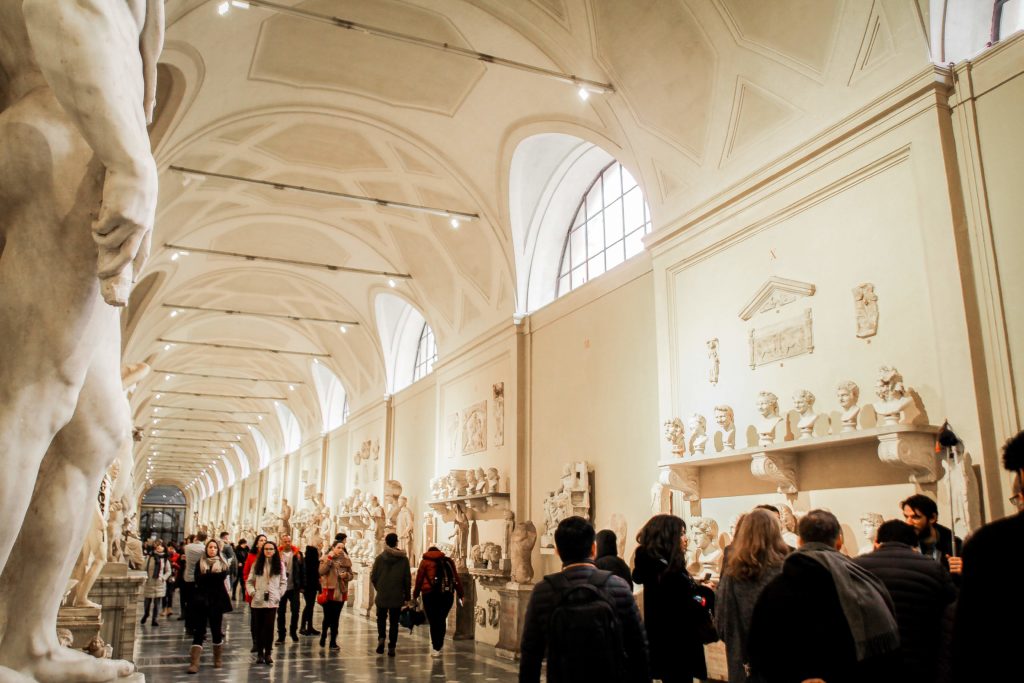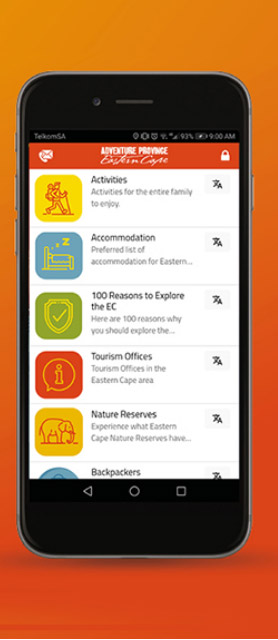Explore the natural and cultural histories that are well preserved at the regions many Port Elizabeth museums.
Explore the cultural and natural history of the local area, as well as South African history and heritage through the Port Elizabeth museums.
Port Elizabeth, well known as PE by the local South Africans, has a world-renowned reputation for its friendly local people, and as such has coined the name, the ‘Friendly City’. The port city is a holiday destination that is located on South Africa’s Sunshine Coast and attracts many visitors for its stunning beaches, abundance of wildlife and its waterfront. There are many natural and cultural histories to explore within the city and this is best done by visiting one of the Port Elizabeth museums.
The City embraces and celebrates its historic and cultural heritage and boasts the Donkin Heritage Trail which is a 5km route in which visitors can embark on a self-guided walking tour to explore the 51 places of historical interest in the old Hill area, Central PE. The Donkin Heritage Trail incorporates the 1820 Settler History as well as the City’s architectural delights and some of the Port Elizabeth museums.
The Donkin Heritage Trail booklet is sold at Nelson Mandela Bay Tourism’s Donkin Reserve Information Office and the trail map can be accessed online.
Port Elizabeth has the largest collection of Art Deco buildings in South Africa as well as various examples of Victorian and Art Nouveau styles that will delight any avid art lover.
South End Museum
South End, as a suburb was once a cosmopolitan community in which all ethnic, cultural and religious groups of people resided together in harmony. Children played together in the streets, education was highly valued as well as participation in group sports. While there were some limitations with regards to race, but the community was fairly free and all races worked, lived and played together.
This all changed in 1948 when the National Party was elected to power and the Apartheid ideals were implemented. The once vibrant, harmonious community was crushed when the community was split up according to their racial differences and this bore negative consequences for the exiled parties.
Despite being saddened by the injustices of Apartheid, the now divided community remained positive and began working on positive initiatives to return to their racial equality. This reaction, owed to the community’s deeply engrained strong values, religious basis and family morals is what the South End Museum was born out of.
The South End Museum was established to provide an accurate depiction of the lifestyle that was once enjoyed in this unique and special neighbourhood. The Museum also exposes the injustices of the era and honours key figures who fought so hard for the justice and racial equality the community so deserved.
Sukume Museum and Xhosa Culture Centre
The Sukume Museum and Xhosa Culture Centre showcases a brief history into the ‘Friendly City’, Port Elizabeth and Ggebera (Walmer Township), as well as portraying an insight into the Xhosa culture and beliefs. The Apartheid Era is also delved into, and the aim of the Museum and Centre is to uplift and educate visitors from both near and far.
The Xhosa Culture Centre reaches into the heritage and history of the Xhosa culture and explores some of the many beliefs and traditions such as Lobola. The Walmer Township history as well as its current condition and lifestyle is explored and educated upon – poverty, AIDS and the education systems that are in place are explored by those who choose to visit the Sukume Museum.
The struggles and triumphs of the Apartheid Era are highlighted through the museum, and visitors are encouraged to visit and explore South African history, right down to its roots.
Bayworld Museum
One of the leading tourist attractions in Nelson Mandela Bay, the Bayworld Museum is both a natural and cultural historic experience. The museum located in Humewood, Port Elizabeth is one of the Port Elizabeth museums that is combined with a Snake Park and an Oceanarium!
The Bayworld Museum also comprises of a house museum at No. 7 Castle Hill, and is home to a world of research and education aimed at creating awareness around the need for conservation of South Africa’s natural and cultural heritage.
The museum has both research and education programmes in place that focus on local history, marine life, reptiles and even maritime. There are presentations on seals and penguins as well as interactions with snakes within the Snake Park.
No. 7 Castle Hill is a local historical folk museum dating back to 1832 and was declared a National Monument in 1962. This quaint cottage is one of the oldest remaining dwelling houses in Port Elizabeth and is furnished in early Victorian style – most of which was donated when the Historical Society restored the house in 1965. No. 7 Castle Hill was opened as a Port Elizabeth museum in 1968.
Nelson Mandela Metropolitan Art Museum
The Nelson Mandela Metropolitan Art Museum specialises in the art of the Eastern Cape province. The museum comprises of three exhibition halls in which art is tweaked, moved and rehung during the year to represent the collections and special exhibitions of the region. This Port Elizabeth museum was originally named the King George VI Art Gallery and was established by the City’s Municipality on 22 June 1956.
The museum aims to promote and the city of Port Elizabeth nationally as well as internationally and to enhance the pride of the local citizens through inspirational art pieces that are collected from the region showcasing the South African heritage.
Steeped in cultural and artistic heritage, the ‘Friendly City’ is home to numerous Port Elizabeth museums which showcase the important historic events that shaped the city and what is is today. The museums range from heritage history to natural history, as well as artistic history and seek to inspire and educate locals and tourists alike.
For more information on the Port Elizabeth museums, please visit the Nelson Mandela Bay Tourism website.











